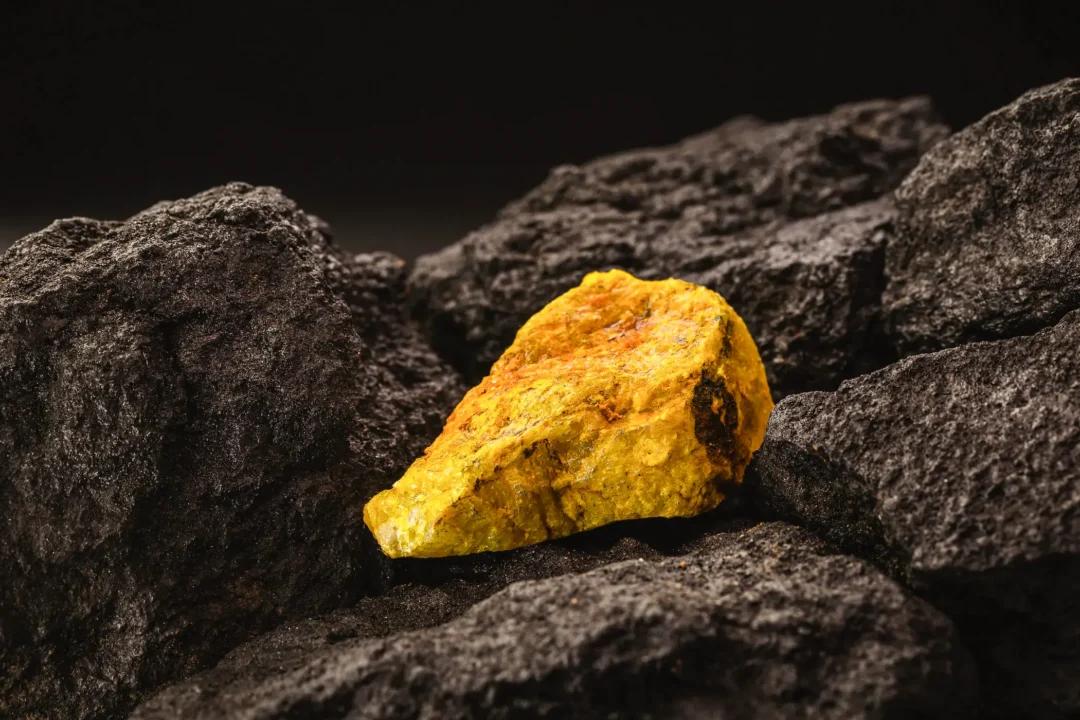A B.C. uranium company’s plan to sell to an Australian energy firm is being blocked by its largest shareholder, a Chinese state-owned company with significant shares.
Fission Uranium Corp., based in Kelowna in B.C.’s southern interior, announced in June that it had entered into an agreement to sell all of its issued and outstanding shares to Australian uranium producer Paladin Energy Limited. On Sept. 9, Fission shareholders voted in favour of the all-stock transaction, valued at roughly $1.14 billion, with 67.9 percent voting for and 32.10 percent voting against.





